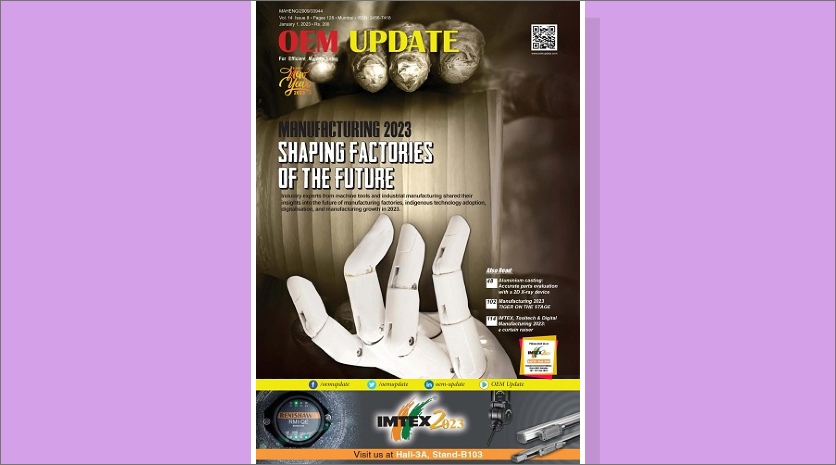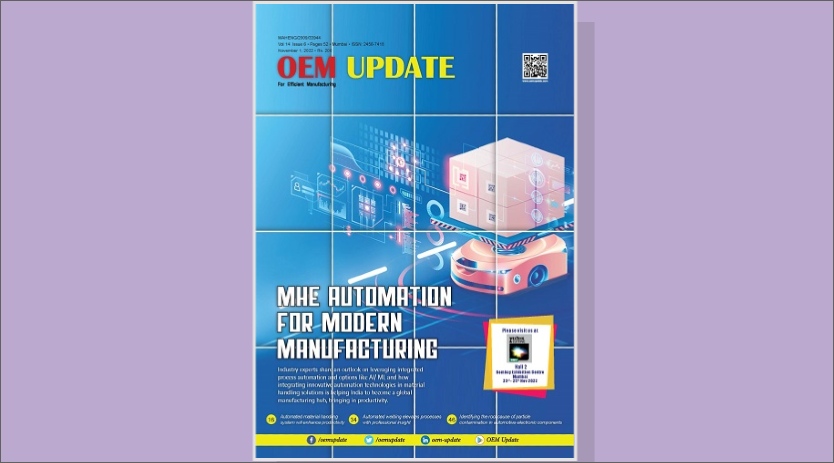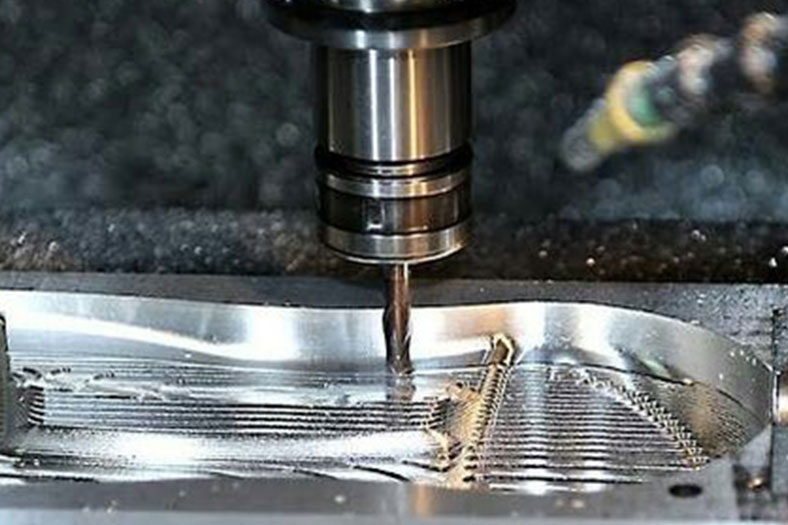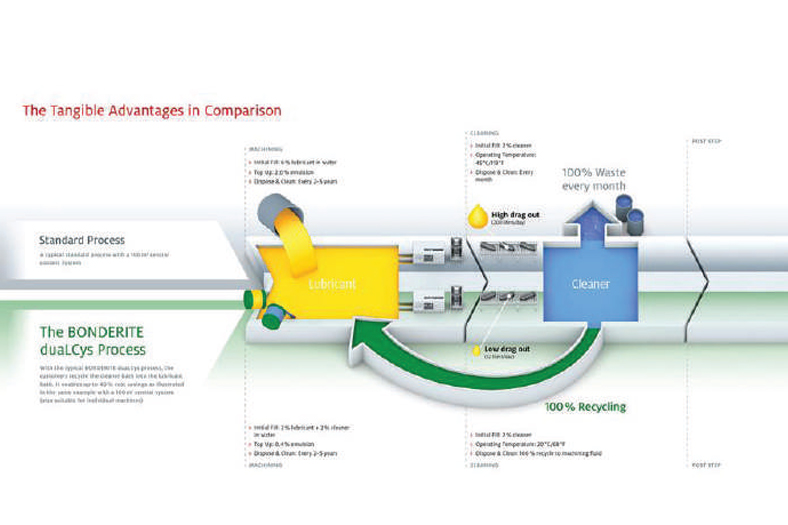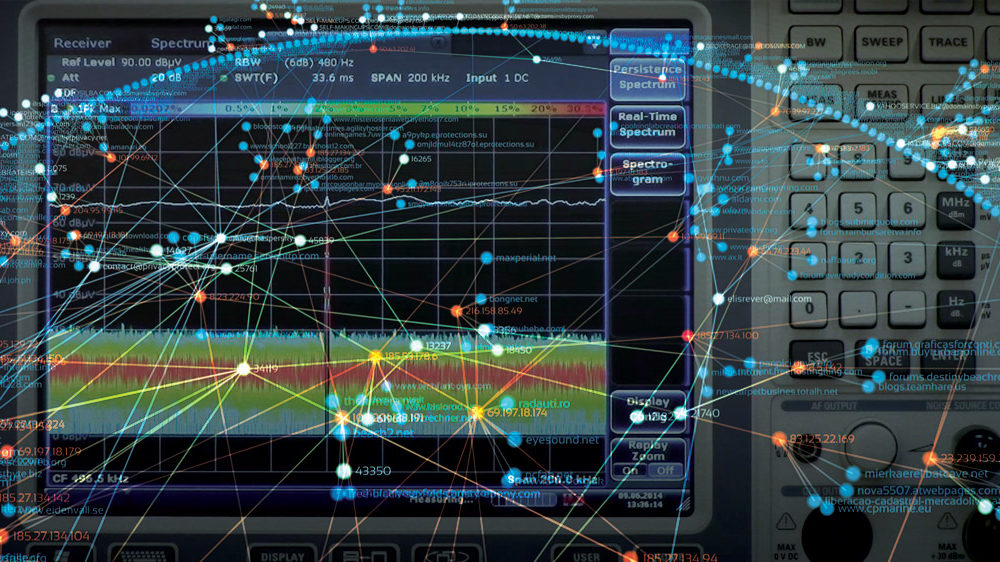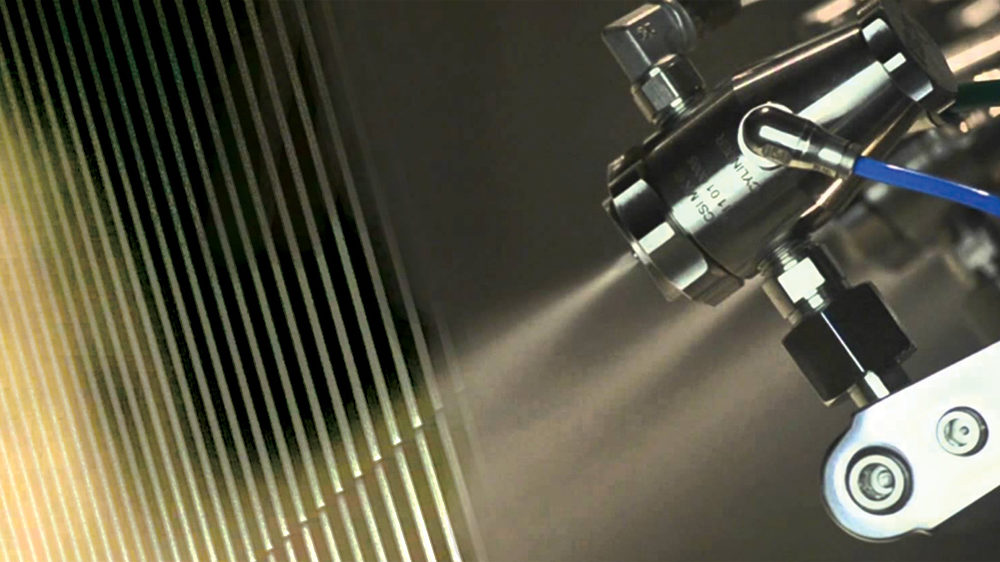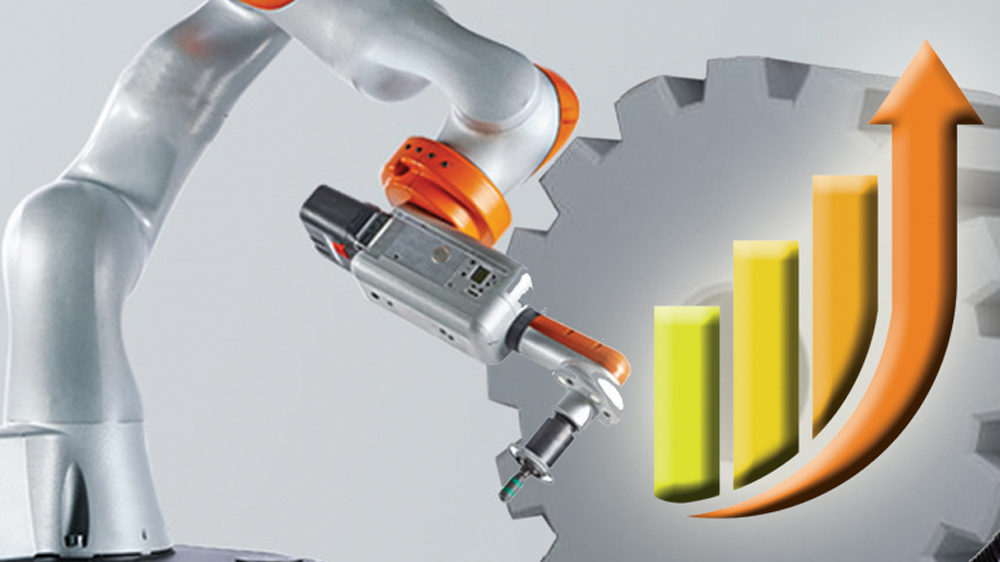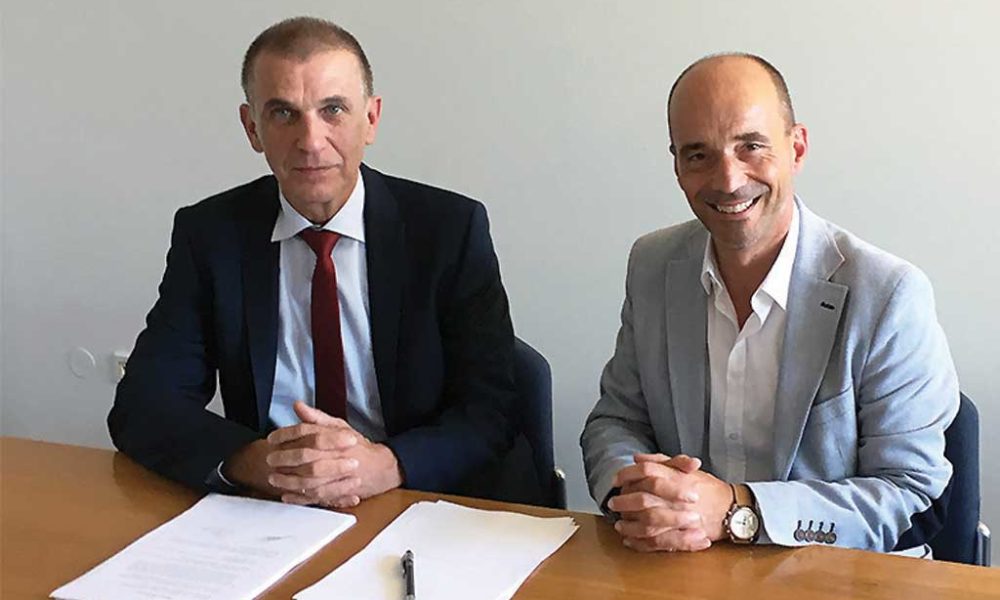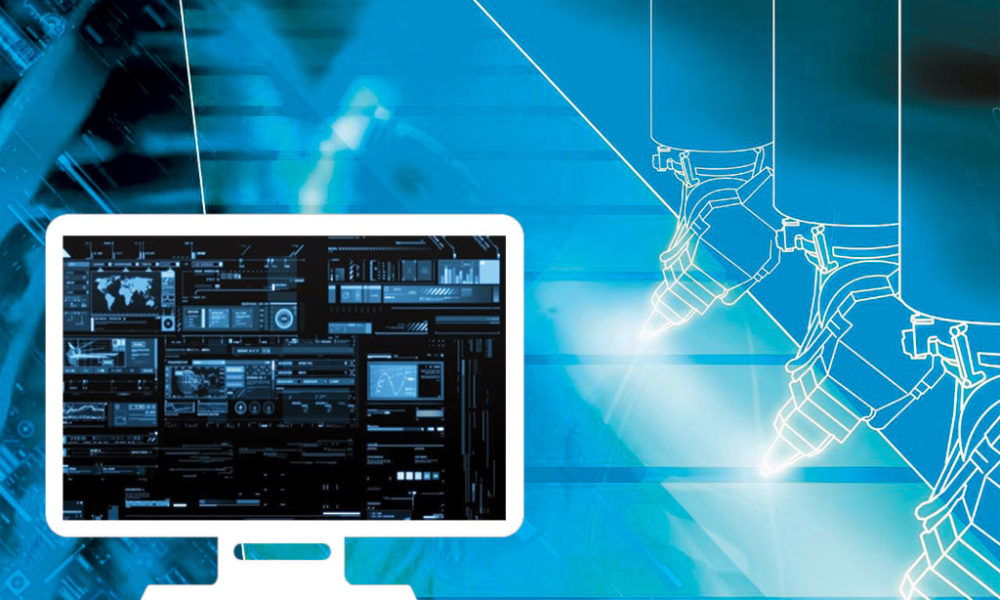CASH FLYING with ASH Business Opportunities in Ash Handling [Feb 2012]
By admin February 10, 2012 6:37 am IST
Earlier coal seemed to produce ash to contaminate air, now it is generating cash in the form of ash
It’s true that nothing comes free of cost. A candle has to be burnt for avoiding darkness of night. In a vicinity to lit up its roads and shelters, tons of coal has to be burnt in the furnace of a thermal power plant, which throws out thousand tons of ash to pollute the earth. That is a great cost and problem. But it is also true that the bigger problem finds bigger opportunity.
In a coal based thermal power plant, huge amount of ash is generated which has to be disposed off continuously. Generally a 500 MW coal based plant generates 400 tons ash per hour. This is produced in two forms viz. fly ash and bottom ash.
In the past, ash produced from coal combustion used to be dispersed into the atmosphere directly which was harmful for nature and life. Then the health and environmental concerns came into action and endorsed laws which have reduced ash emissions significantly.
The managing and recycling of fly ash has become a great interest for social entrepreneurs and scientists in recent years. Though the ash management has never been a primary objective of a power plant but its utility options have attracted many business opportunities in manufacturing PPC, sintered aggregate, blocks, fly ash bricks etc., filling of low lands and open cast mines etc. by managing ash through ‘ash handling plant’, so it has become indispensable part of power industry. This consists of hundred types of equipment and spares. Firms which provide total solution for ash handling systems to the power plants procure materials, services and components from their vendors/OEMs on a large scale. Thus the ‘ash handling’ itself has become an industry. The industry has created a great opportunity for small and medium entrepreneurs to become OEMs for ash handling system providers. The major business opportunity in this field is metal casting.
Major parts of ash handling components are moulded in metal casting shop. Clinker grinder rolls, segments, anvil plates, wear plates, bearing housings, valves etc. are the cast materials required widely in AHP. The style of metal casting business depends upon the material, process and production capacity. Process and chemical composition in this business play a vital role in competitive market. There are many types of processes to cast metals but for ash handling components sand moulding is applied. AHP regularly requires cast material items as its spares. The highly required casted spares in AHP are gates made of cast iron IS:210, housing wear plates ( Cast Iron IS:210), wear plates for clinker grinders (manganese steel IS:276), grinding rolls (manganese steel ASTM A128), grinding segments (Ni-hard), inlet section for jet pumps (alloy cast iron IS:4771) and different type of valves etc.
Electricity cost is the major cost elements for casting biz apart from materials, so it also gives competitive advantages to those who are being availed of subsidised electricity. Nowadays many energy efficient casting machineries are available in the market, through which new entrants can gain cost effectiveness. Generally AHP requires CI, manganese and hi-chrome casted materials. One firm exercises on one type of casting material and process so economy of scale is easily achievable. The business is risky as materials are hardly rectified once they casted, but the profit margins are also proportionally and positively related with risk and complications of materials. Production capacity matters into the business but if a small firm having as small as 1 ton capacity furnace can be a rate contractor and fully utilised throughout the year if it can manage to supply quality products at low price.
Cookie Consent
We use cookies to personalize your experience. By continuing to visit this website you agree to our Terms & Conditions, Privacy Policy and Cookie Policy.





